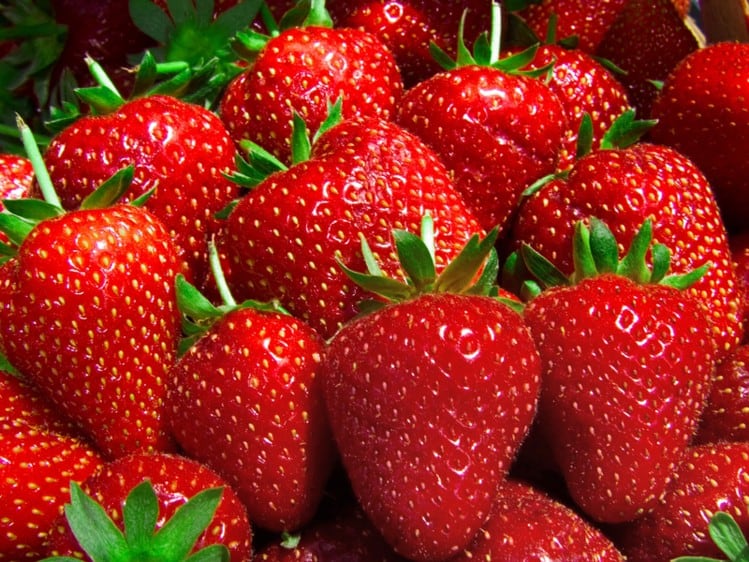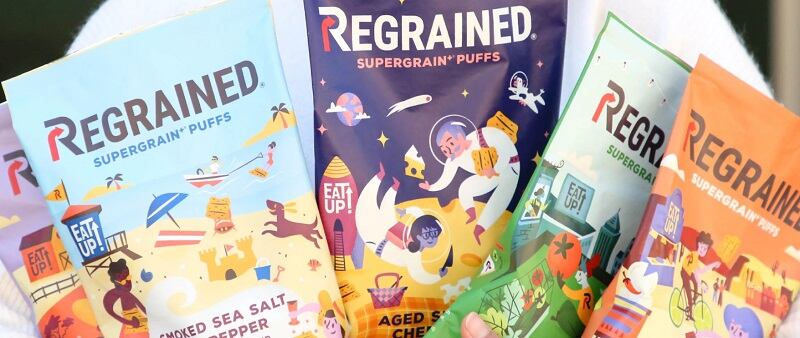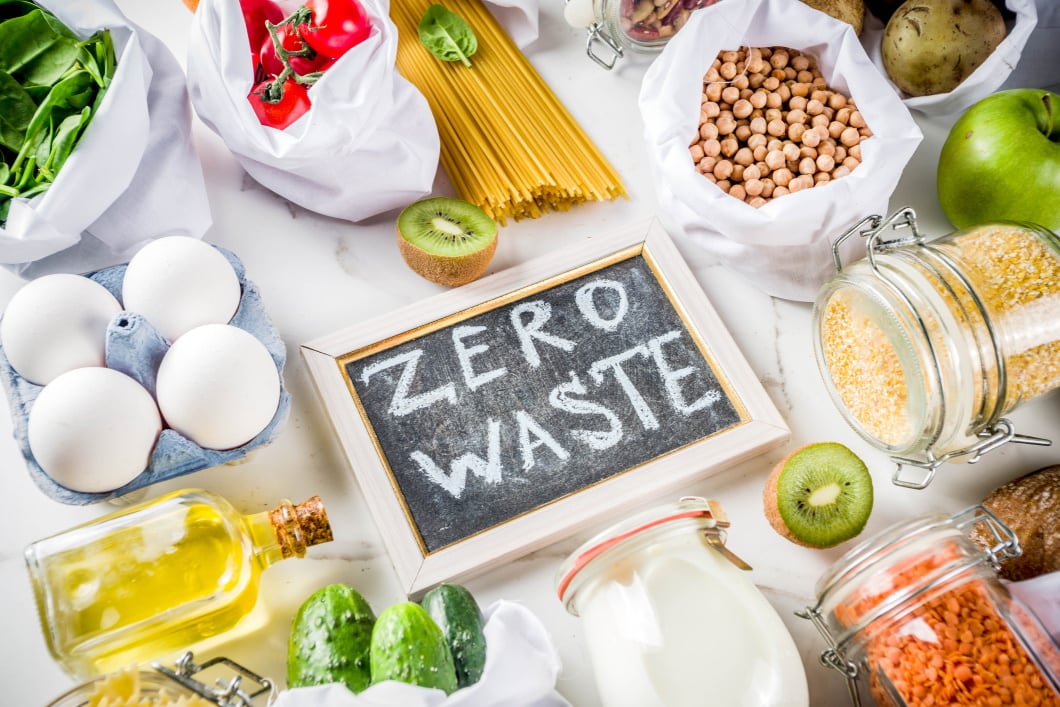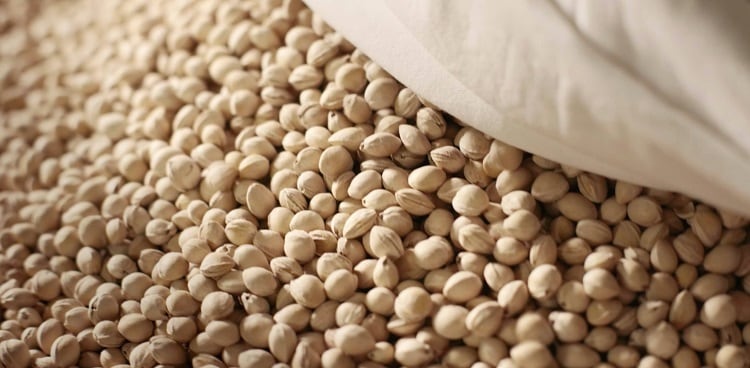After a dismal, cold and wet spring, the sudden arrival of warmer weather in the UK has quickly resulted in an abundance of British strawberries. The extra sunshine contributed to bumper strawberries right across Britain including Kent, West and East Sussex, Hampshire, Lancashire, Herefordshire and Scotland.
“Last year we had the best spring on record and a fantastic summer too, which gave us a great early start and regulated growth throughout the season,” Strawberry grower Alastair Brooks revealed. “But this year, because of the cold and damp May, we are two to three weeks behind schedule and now because of the great weather we have an abundance of strawberries.”
The scale of pre-farmgate food waste
This whiplash effect in supply levels has resulted in a glut that, if demand remained constant, would lead to pre-farmgate food waste.
According to research from non-profit WRAP, on-farm food waste in the UK totals around 3.6m tonnes a year. That’s 7.2% of all food harvested – and a bigger footprint than the country’s manufacturing and retail food waste combined.
When pre-pandemic government data shows one in 12 of all UK households face food insecurity, the moral implications of such significant levels of waste are clear.
The environmental toll is also high. If global food waste were a country, it would famously be the world’s third-largest emitter behind China and the US.
The financial cost of on-farm food waste is also significant. WRAP estimates that the value of this waste at farmgate prices stands at £1.2bn.
Agility and collaboration offer gains
Pre-season, Tesco reviews its growers’ crop outlooks and projects customer demand to determine how best to use promotional activity throughout the season, for example 2 for £3 promotions.
But Tesco’s growers now face an unexpectedly high harvest. “Last week’s heatwave brought the strawberries on very quickly and meant that many growers had more than they expected,” Tesco berry buyer Laura Mitchell observed.
In response to this unforeseen jump in availability, Tesco has bought an extra 400 tonnes of strawberries.
To stimulate demand that meets supply, the retailer has put one-kilo boxes on sale for £3 instead of the regular price - £2 for a 400g punnet. The 1kg boxes are brought in at times when there is a particular peak in crop. This allows Tesco to quickly get the stock on the shop floor for customers, delivering additional volume for the growers.
Tesco is therefore able to deliver an agile response to crop flushes, one that it said is evident across the produce department, which can use key promotions, such as Fresh Five, to stimulate demand.
Working collaboratively with its suppliers allows the supermarket group to to identify opportunities to reduce food waste caused by excess supply versus demand. This close cooperation is key to cutting food waste across the value chain, WRAP Sector Specialist for fresh produce Will McManus told FoodNavigator.
“Close cooperation between suppliers and retailers on crop flushes of fresh fruit and vegetables is important because production is heavily influenced by the weather,” he explained.
“In the future, WRAP would like to see improved forecasting tools that enable businesses to better match supply and demand. In the meantime, we would like to see businesses establish clear communication channels and policies that enable surplus product to be promoted, diverted to alternative added value products or for redistribution.”




